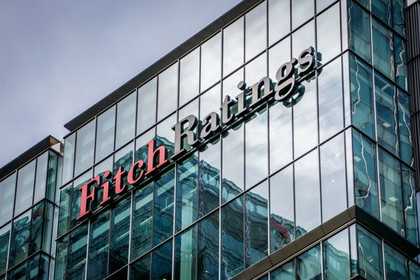Progress in Uzbekistan’s rapidly evolving reform agenda to transform the country’s economy has varied among sectors, Fitch Ratings says in a new report.
Changes in the Uzbek economy and policy framework have been significant since the liberalisation of exchange controls in September 2017. Increased exchange-rate flexibility is beneficial to the economy, but also creates risks due to existing foreign-exchange mismatches and increased foreign-currency borrowing.
Progress in reducing reliance on public sources of funding and moving towards market-determined financing costs differs across sectors and entities, with banks and several non-financial corporates making the most headway. The reform process has been aided by the economy’s low debt, but the rapid build-up of leverage, if sustained, creates risks.
Achieving higher growth, for example through increased investment in key sectors of the economy such as power generation, is one of the main policy objectives behind the government’s reform push and could support greater development in other sectors such as insurance and corporates. Nevertheless, high growth, if driven by credit, could also lead to risks, for example in terms of asset-quality deterioration and greater reliance on external sources of financing for banks.
Governance remains a weakness for Uzbekistan’s credit profile. Improving institutional strength, corporate governance, transparency and reporting closer to international standards is a key challenge for Uzbek entities. The regulatory environment is evolving towards an increased role for market mechanisms, but the pace and timing are dependent on social and political considerations, in Fitch’s view.












